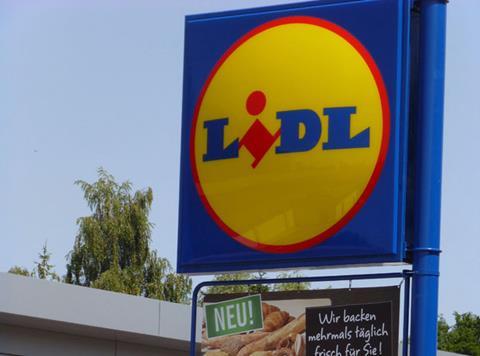
Lidl has revealed that it paid more than £25m in UK corporation tax last year.
The privately owned company chose to disclose its UK corporation tax bill for the first time after questions from rivals, including Morrisons CEO Dalton Philips, over the level of tax contribution the company pays on its UK profits.
Lidl said in a statement: “At Lidl we believe that every company has a social and economic responsibility to pay tax in correspondence with its earnings… we will continue to pay our fair share of UK corporation tax on all our UK profits.”
The company said that the rate of tax it paid is “in line with UK law and with that paid by our UK competitors”.
Lidl’s revenues in the UK are not made public due to the company filing accounts in its native Germany.
The corporation tax rate in the UK is currently 21% and analysis by Kantar Retail suggests Lidl’s effective corporation tax rate is approximately in line with this figure.
Sainsbury’s had an effective tax rate of 20.3% for the 2013/14 financial year, Tesco reported an effective rate of 18% and Morrisons’ effective tax rate was 35.2% (Morrisons was impacted by signficant non-qualifying depreciation and expenses last year – its underlying tax rate was 25.3%).
Lidl added in its statement: “Furthermore, we do not engage in any tax avoidance schemes, nor do we have any subsidiaries in ‘low tax’ countries”.
Last year Tesco and Sainsbury’s were criticised by UK Fair Tax Campaign, an offshoot of campaigning group Tax Research UK, for their use of subsidiary companies in low tax jurisdictions. Both firms rejected the criticism, highlighting their significant tax contributions in the UK.
A survey of over 2,000 UK adults by KPMG and YouGov last week revealed that paying a fair share of tax is one of the top factors in whether an fmcg company is trusted or not. Corporate tax arrangements were seen as more important to consumers than Fairtrade, environmental issues and charitable works.







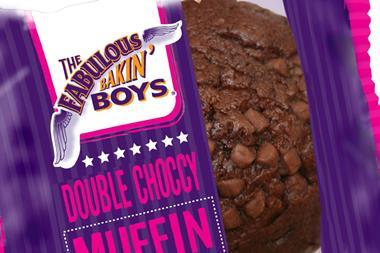

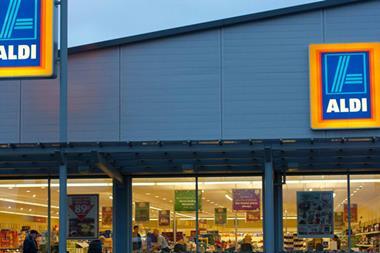

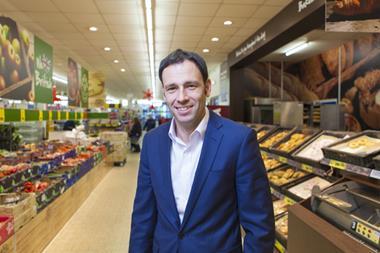
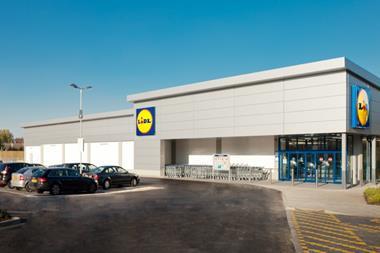






No comments yet